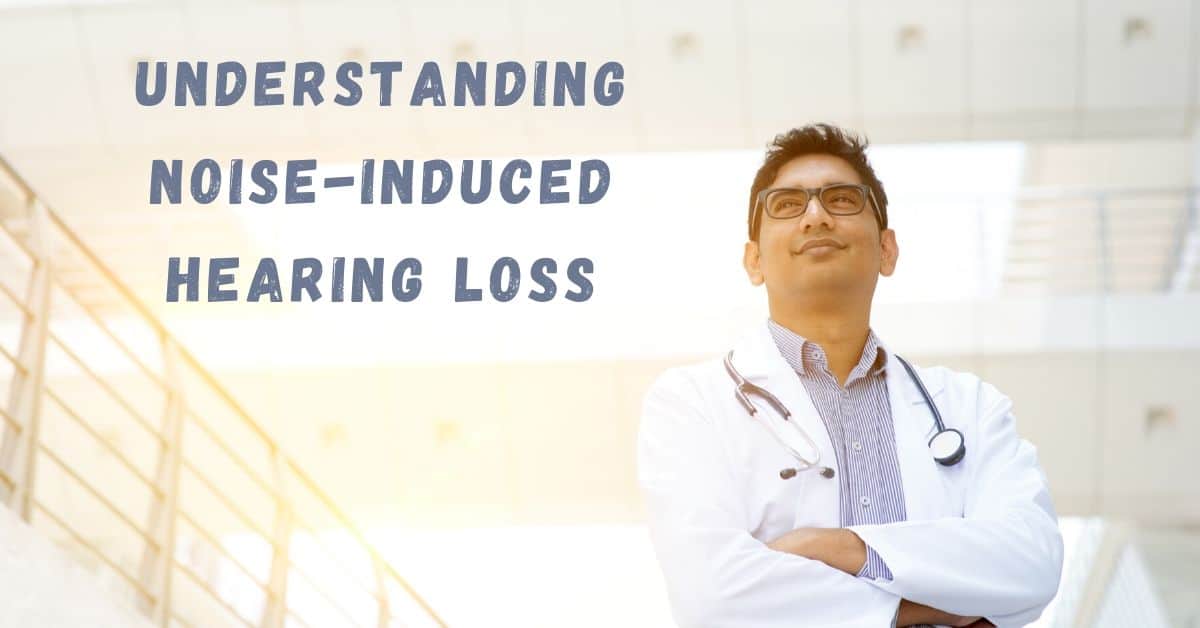Noise-induced hearing loss is a kind of loss of sensorineural hearing loss.
Sensorineural hearing loss happens when there is a physical injury to the inner ear. In the case of noise-induced hearing loss, much of the damage in the inner ear affects the tiny sensory hair cells. If those cells get damaged, it affects the electrical signal the auditory nerve sends to your brain.
Noise-induced hearing loss can be temporary or permanent. You may have already experienced acute temporary hearing loss caused by noise, even though you did not know what was happening at the time.
Common sources of noise
Noise can turn up at work or play:
Noise at work: Noise-induced hearing loss is the world’s most widespread permanent and preventable occupational injury. Noise-induced hearing loss and noise-induced tinnitus are the two most common conditions among U.S. military personnel, affecting many U.S. service members and leaving a high cost for the Veterans Affairs Department to bear. Those also at high risk are farmers, construction workers, and people who work in bars and nightclubs.
Noise while doing leisure activities: The most common sources of recreational noise are access to live or distorted music, improper use of personal listening devices, sound around the home, and target shooting and hunting. While all of the practices mentioned above have the potential for harmful noise exposure rates, the most significant hazard to hearing comes from outdoor hunting or target shooting due to the bursts of extremely loud sound that gunfire can produce.
How do you know when you have hearing loss?
Noise-induced hearing loss can make noises sound “stuffy” or far away, mainly when talking in a crowded room or on the phone. Repeated exposure to such noisy situations can eventually result in a permanent loss of hearing.
Most people get tinnitus as a result of hearing loss caused by noise. Up to 15 percent of Americans experience this tinnitus ringing. Tinnitus is not the condition itself, but it is a symptom of a bigger problem.
How to prevent noise-induced hearing loss
Although we have many laws to regulate noise exposure at work, people seem to relax these rules during their leisure time. Preventing noise damage means having to extend the protection of occupational hearing practices outside the workplace.
Our hearing is impaired by what we do every day, every week, every month, not just at work. Here are a few ways we should be more vigilant with noise exposure:
- Headphones: There’s almost nothing better than tuning out the subway sounds with a blast of your favorite tunes. Still, experts recommend limiting the volume to 60 percent and listening for just 60 minutes before taking a break.
- Concerts: A good idea is to use ‘musicians earplugs’ for live shows, which reduces the sound and brings down the volume but still provides some clarity to the music.
- DIY: Most home craftsmen (and women) forget that the use of power tools harms hearing. That’s because hearing loss is gradual, and it’s not just one incident that causes deafness; over time, it’s a build-up of harm.
- At Work: Figure out if the noise in your workplace is dangerous. When you have to raise your voice to talk to someone at arm’s length, the noise is likely to be at a dangerous point. It’s a good idea to use a sound level meter app on your phone, such as the NIOSH Sound Level Meter app, to test the noise level. Ask your safety manager or direct supervisor to check the workplace noise levels to ensure they are below 85dBA.
Treating a noise-induced hearing loss
The most effective way to treat a hearing loss is with hearing aids. If you have trouble regularly hearing speech, they are a great choice. With multi-directional microphones, noise-reduction features, and the ease of direct Bluetooth connections, modern hearing aids have helped those with hearing loss lead much more fulfilling lives.
Call us today to learn more about hearing aids, and to book a hearing consultation for yourself.

